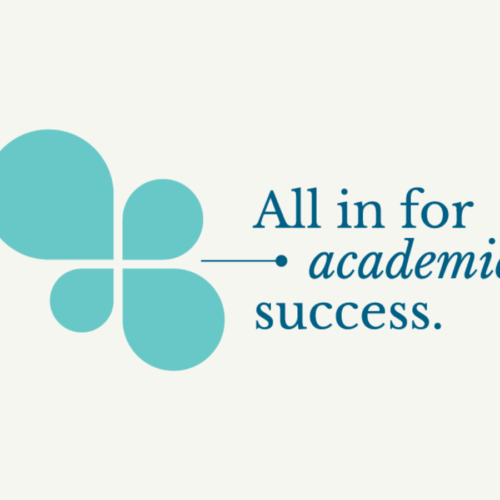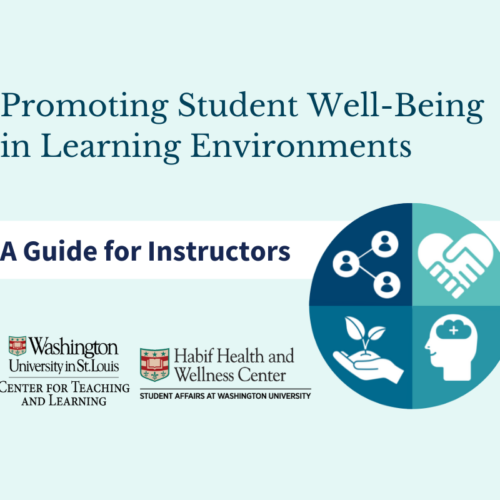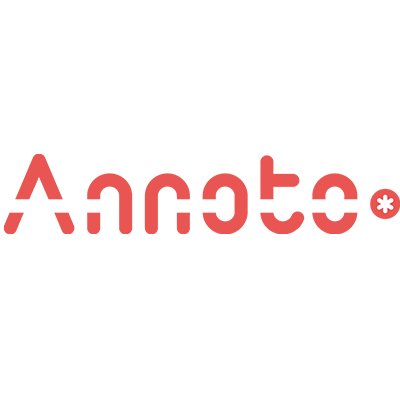Helping First-Year Students with Project-Based Learning
There are many good reasons to use project-based learning in class, but some instructors might shy away from using this approach with first-year students. However, instructors can successfully implement project-based learning in courses for first-year students by focusing on a few key areas, writes Beth McMurtrie in a recent newsletter article from The Chronicle of Higher Education.
In the newsletter, McMurtie discusses an approach to project-based learning from Worcester Polytechnic Institute for its Great Problems Seminar for first-year students. The course involves projects where students research climate-change issues and climate-change disaster situations, interview community members, and present their findings. The approach works well due to three key pieces: Interdisciplinary teaching, scaffolding, and team-based learning. For interdisciplinary teaching, instructors in the Great Problems course made sure all seminars were taught by STEM and non-STEM faculty to cover relevant subject areas, but also to encourage students to learn alongside their professors to promote intellectual development.
For scaffolding, instructors have students complete two short projects in the first half of the course. Students work in teams and individually, and conduct research and give a short presentation on what they learned. Instructors guide them to campus resources for learning, and facilitate frequent discussions about the projects.
Finally, instructors carry out the team-based learning component by having students reflect on their personal strengths and weaknesses, and detail areas for improvement. Instructors also have students read about team dynamics including team dysfunction, which can stem from bias and stereotyping.
Although Worcester Polytechnic Institute hasn’t completed any formal research about its approach, professors who run junior- and senior-year project courses at the university say that students who take a Great Problems Seminar are usually better prepared to work in teams and on open-ended projects, said Geoff Pfeifer, an associate teaching professor of philosophy and international and global studies at Worcester Polytechnic Institute who is quoted in the article.






